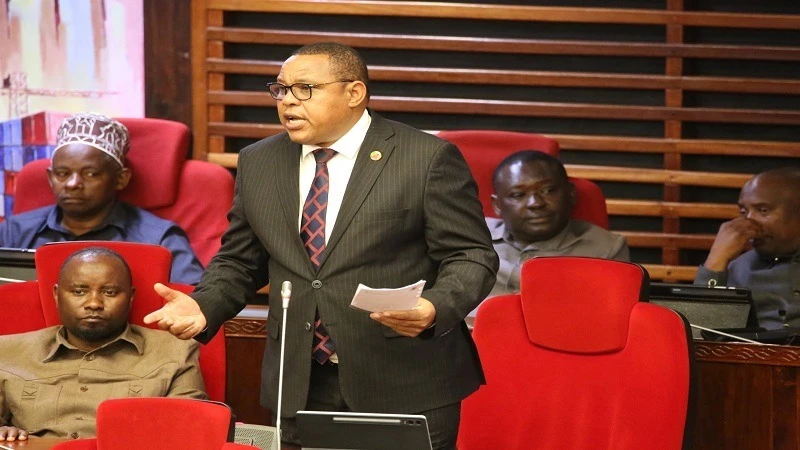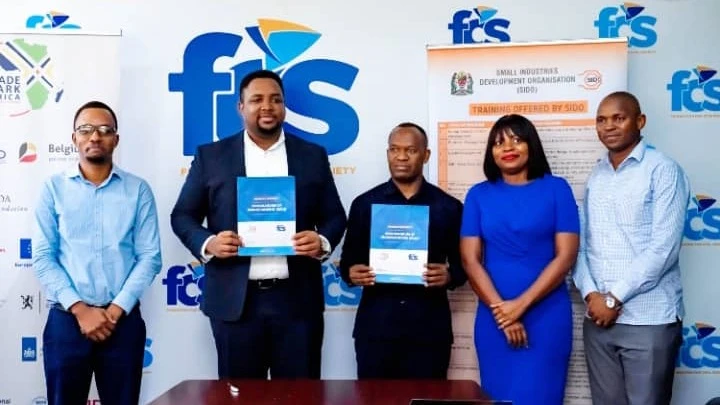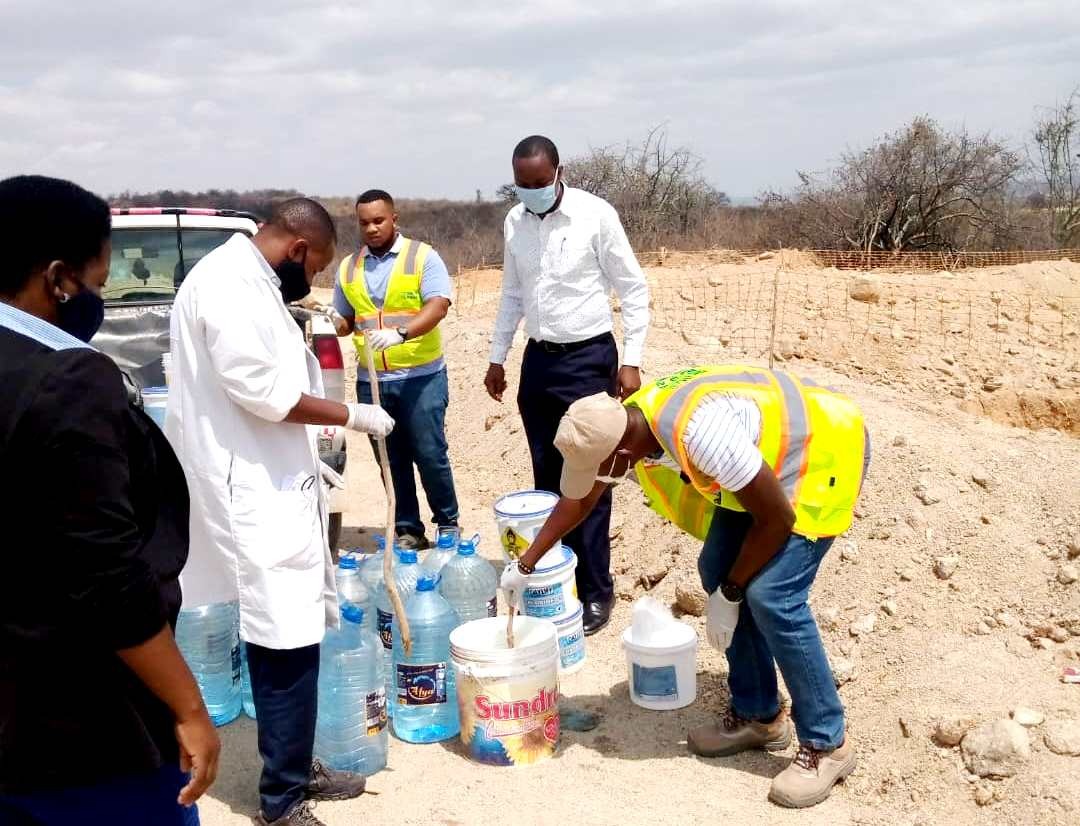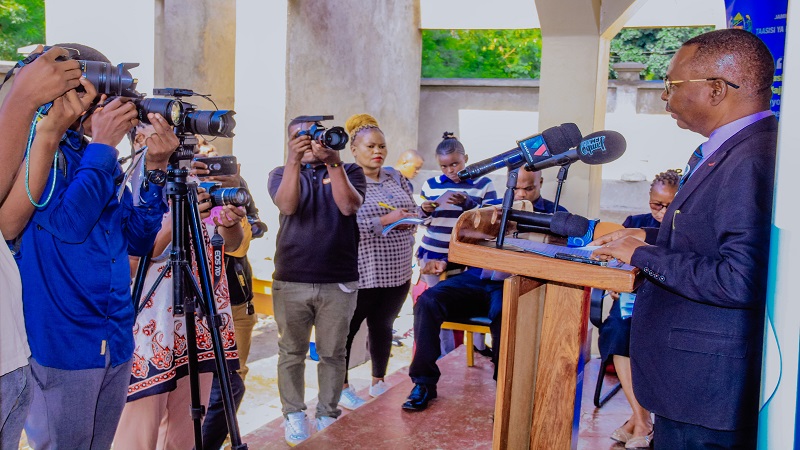Local farmers on the brink as high taxes ravage smaller brewers
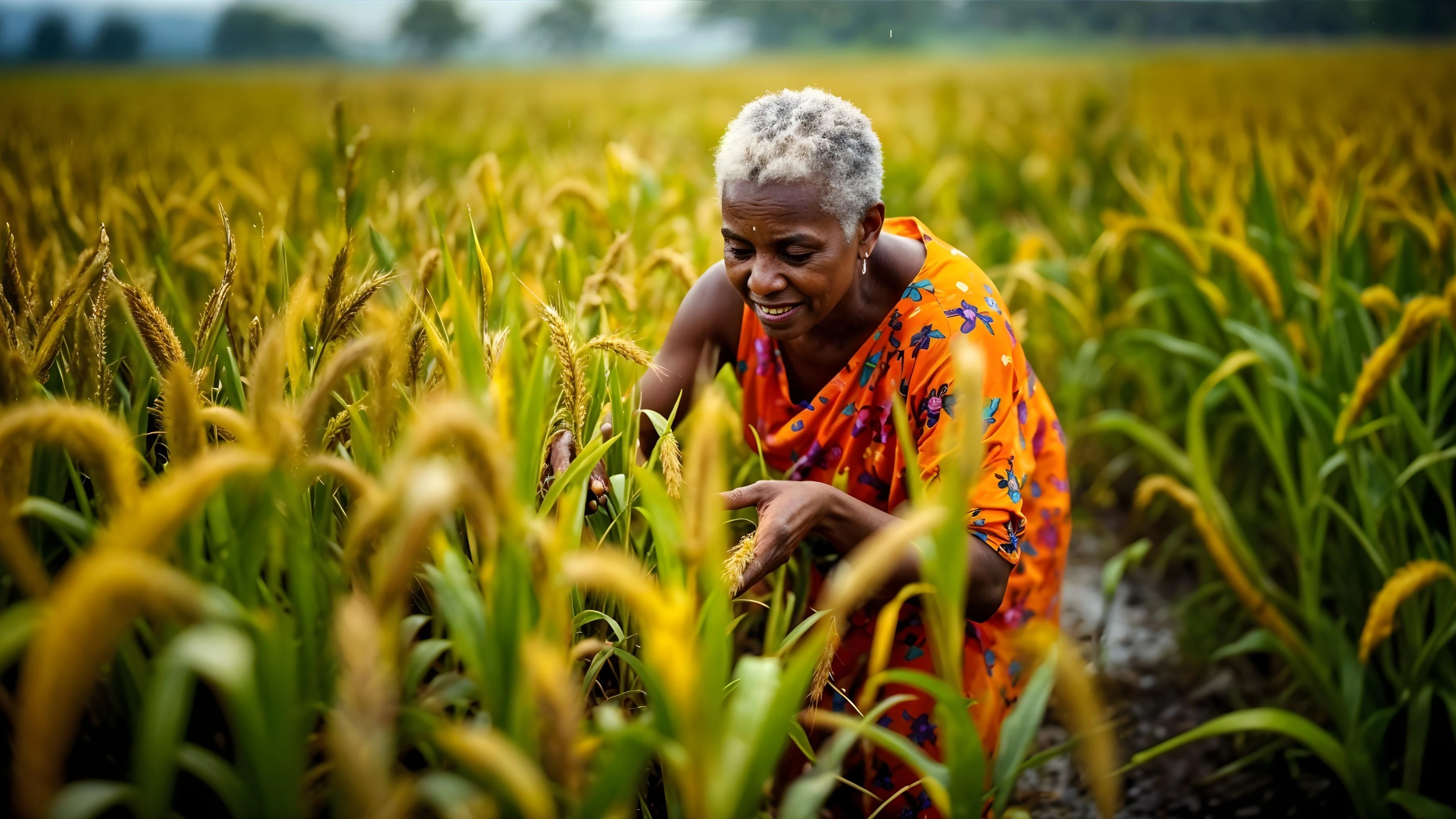
From just a peasant farmer tilling a one-and-a-half-acre piece of land, Nana Pissa is now a proud mother having seen all her six children successfully pursue their education in schools of her choice to university level. Nana recalls how amid growing poverty in 2016 she was recruited into Serengeti Breweries Limited (SBL) agribusiness program which effectively enabled her to become one of the farmers who grow and sell maize, sorghum and barley to the brewer.
A farmer in Katesh district, Manyara region now commanding an acreage of 120 cares of barley, Nana is one among a network of over 400 farmers that SBL supports in growing cereals that the brewer uses in beer production. “A part from educating my children, I have managed to build a modern house bought some hybrid cows and compliment my income from the earnings I receive in selling barley to SBL,” Nana comments.
“We support these farmers by not only providing them with farming contracts but also free seeds, technical advice as well as basic financial and entrepreneurship training to empower them to run their farming businesses successfully,” says Obinna Anyalebechi, SBL’s Managing Director.
SBL, a commanding force in the brewing industry, supports farmers across eight regions of Arusha, Mayara, Kilimanjaro, Singida, Dodoma, Shinyanga, Iringa and Maraby injecting approximately TZS 13 billion yearly into local agriculture, according to the MD. The support to farmers extends beyond just financial investment.
The company actively purchases crop yields, circulates essential agrochemicals, and distributes free seeds. The brewer also offers structured training programs aimed at equipping farmers with basic skills necessary to enhance their yield quality and quantity. Through these measures, SBL has established itself as a crucial employer within the agricultural sector, buying crops at prices often exceeding market rates, Obinna adds.
Employing over 800 in its operations, SBL runs three breweries located in Mwanza, Dar es Salaam and Moshi that together require around 20,000 tons of cereals annually for beer production. This makes SBL a key player in the growth of Tanzania’s agricultural sector, a sector that provide livelihood to around 70% of the country’s population while contributing around 30% of the GDP. The sector’s contribution to the economy has grown steadily over years contributing roughly TZS 33.3 trillion to the GDP in 2023, which is a 3,3% growth compared to the previous year.
“This model of corporate support not only underscores SBL's commitment to sustainable development and local empowerment, but it also sets a precedent for corporate responsibility in Tanzania's brewing industry. For many farmers, working with SBL has proven beneficial, evidenced by improved crop yields, improved living conditions and stability in income,” he says.
Unknown to the farmers this source of livelihood to could soon be eroded due to the existing divisive beer excise structure that has put smaller players like SBL on the brink. In 2021/22 fiscal year the government enacted a new excise tax band of TZS 620 per litre of beer made from local malt. While the new tax concession was meant to promote barley farming and attract investments into local malting, the move is only tenable to malt user companies with both the financial muscle and capacity to utilize the invested capitals, two critical factors that SBL and other smaller player lack.
Only one player, the biggest player with over 60% of the beer market, has since established a malting plant effectively accessing the lower tax band. With no alternative sources of local malt available in the country, smaller players have been left exposed to paying a punitive excise tax rate of TZS 918 per litre for beer made from imported malt. This rate is 32% higher than that of beer made from local malt.
This vibrant agricultural landscape now faces unprecedented challenges as smaller breweries grapple with rising taxes and diminishing market share. “To be honest, it feels like a losing battle. Smaller players cannot cope in such an unlevel playing ground where a country’s beer excise structure only favours one major player,” said Obinna at a meeting last month with the Parliamentary Committee for Industry and Trade on a tour to SBL’s brewery in Dar es Salaam.
The fallout by smaller breweries failing to cope with new tax regimes extends beyond the breweries themselves; local farmers are also at risk. The potential shutdown by smaller breweries as Obinna predicts will lead the demand for local crops to plummet, destabilize the networks of farmers and the value chain that SBL and other smaller brewers have created over the years. It will also erode revenues payable to the government which according to the MD SBL alone paid around TZS 180 billion in total taxes and fees to the taxman in 2023.
Speaking during the visit, the Chairman of the Parliamentary Committee on Industries and Trade, Deo Mwanyika assured the brewer that the committee had a role to promote local industrialization by advising the government to put in place policies and regulations that are geared towards making the country a conducive business environment for every investor, SBL included.
Top Headlines
© 2025 IPPMEDIA.COM. ALL RIGHTS RESERVED















